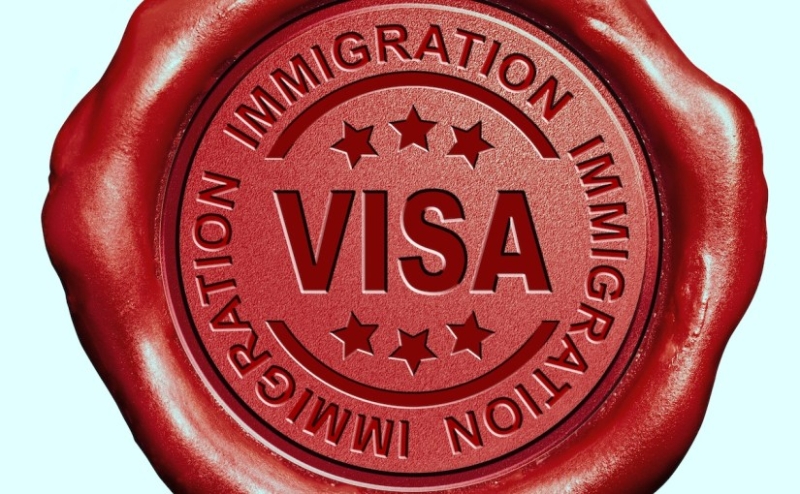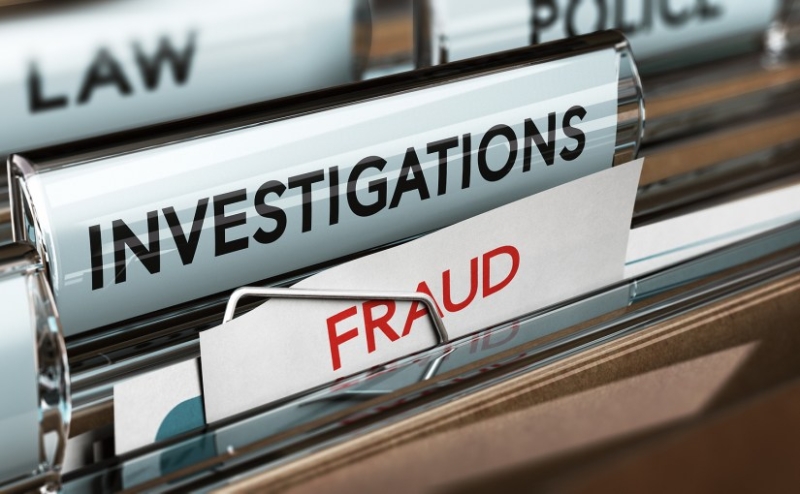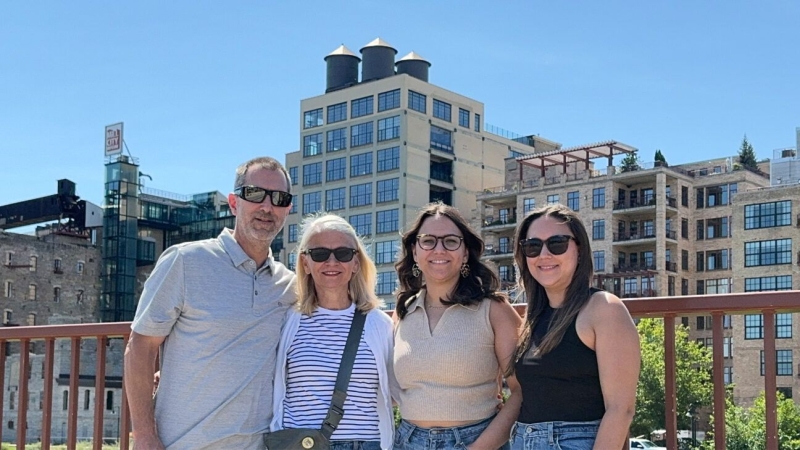Fascinating little case for you all today.
Consumer visits hospital for treatment. Provides phone number at admission. Receives treatment and is discharged.
Consumer fails to pay resulting invoices. Hospital and provider network turn account over to collections. Debt collector allegedly uses an ATDS to call consumer on the number she provided.
What result?
Prior to the Supreme Court’s Loper Bright decision the determination would be easy. The FCC held back in 2009 that providing a number in connection with a transaction permits autodialed calls to a consumer in connection with that transaction. And the Sixth Circuit Court of Appeals has directly held that providing a phone number on hospital intake documents permits later debt collection activity at that number–including via autodialer.
But the Loper Bright decision recently destroyed Chevron deference–meaning courts no longer have to yield to agency determinations of this sort. And while the Hobbs Act affords extra protections to certain FCC rulings, those protections only apply where certain procedural requirements were met by the Commission in adopting the rule.
So does the FCC’s rule from 2009 permitting informational calls to numbers provided in connection with a transaction still bind courts? According to the decision in Woodman v. Medicredit, 2024 WL 4132732 (D. Nv Sept. 9, 2024) the answer is yes!
In Woodman the defendant debt collector moved for summary judgment arguing the Plaintiff consented when she provided her number to the hospital. The Court had little problem applying the FCC’s 2009 order and precedent that came before Loper Bright to grant summary judgment to he defense. So just like that case is gone.
Great ruling for the defense, of course, and it makes me feel a bit better about the whole “no one knows what the law is anymore” thing, but the Woodman court didn’t really address the core issue– was the 2009 ruling enacted with sufficient APA pop and circumstance to merit Hobbs Act deference under PDR Resources.
Really interesting question and one folks should keep in mind.
© 2024 Troutman Amin, LLP by: Eric J. Troutman of Troutman Amin, LLP For more news on Debt Collection TCPA Lawsuits, visit the NLR Consumer Protection section.




